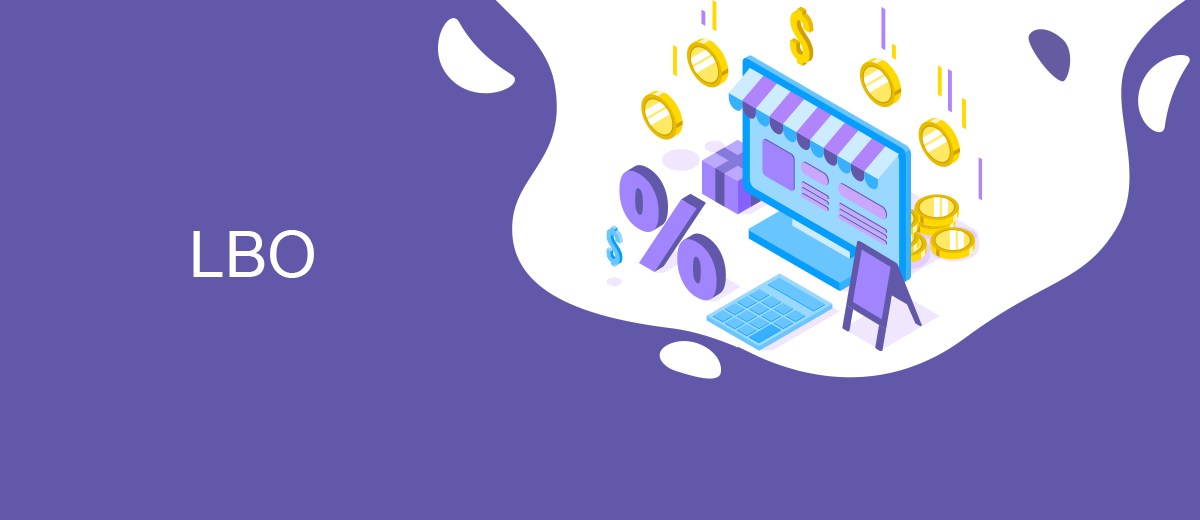LBO
LBO (Leveraged Buyout) is the acquisition by one company of another for credit funds.
The source from which the loan will be repaid is the financial flows of the acquired company. Such loans are secured, as a rule, by the assets of the acquired company, and if they are not enough, then by the assets of the buyer. The main advantage of buying a business in this way is that the buyer pays a small part of the cost for his own funds or even manages only with credit funds secured by the assets of the acquired business. And here we get an interesting situation: the buyer takes a loan from a bank against the property of a company that does not yet belong to him.


The most likely LBO targets are companies that have low credit risk at the time of purchase. The most attractive criterion when buying a company is its undervaluation - the price of shares on the market falls, and, accordingly, the value of the business as a whole.
The main disadvantages of LBO:
- possible problems with employees of the company. As a rule, companies that are doing poorly are bought. They are purchased for nothing, it's something like a capture. Therefore, it is highly likely that together with the company you will receive demotivated employees, since not everyone can accept cardinal changes, and the efficiency of the enterprise may suffer from this;
- big financial risks. Since the company is bought on credit, its new owners will be forced to pay a considerable monthly deduction to the bank. And if the state of affairs in the company in the near future after the purchase does not change for the better, then there is a high probability of bankruptcy;
- forced downsizing. The new management is obliged to repay the loan to the bank, and the company is not yet making enough profit to cover all needs. As a result, new owners have to cut staff in order to save the budget. But in reality, it turns out that because of this, production volumes are significantly falling or the efficiency of the company’s work is decreasing, because one employee is forced to fulfill his duties and the duties of a dismissed colleague of one or more;
- loss of the buyer's own funds. If the company does not have enough assets to fully cover the loan, then the buyer pays the missing amount. And if the company does not get out of the crisis and goes bankrupt, then its owner will lose his own money.
In essence, LBO is a takeover transaction, when a weakened company is acquired by its more successful competitor.
Back Home eCommerce Encyclopedia
Set up integration without programmers – ApiX-Drive
Articles about marketing, automation and integrations on our Blog

